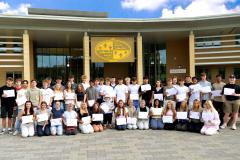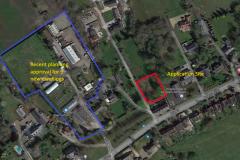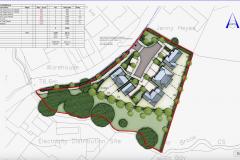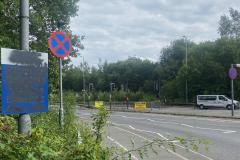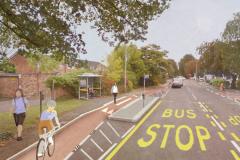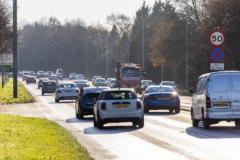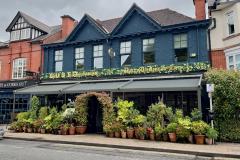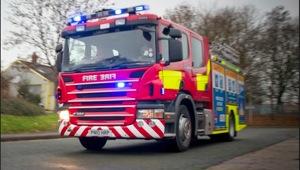
Cheshire Fire and Rescue Service is looking to further reduce the number of Automatic Fire Alarms (AFAs) it attends as almost 99% of the calls still turn out to be false alarms.
During 2012-13 crews attended 2,547 AFAs as a result of systems either being activated accidentally, because of a fault or for example, where alarms were set off by cooking fumes. Only 29 of these calls involved a fire and all but a few required any fire fighting action. This means that 98.7% of the call outs could have been avoided.
Keith Brooks, Head of Community Fire Protection said: "AFAs cost business time, money and divert firefighters from genuine emergencies and other duties. They also put road users and pedestrians at risk as fire engines respond at speed on blue lights.
"Although emergency attendance to places where people sleep will not change nor will calls be challenged, the new procedure will help bring down false emergency calls in commercial premises."
The system will work so that when a call comes in from a building, seven days a week - 9am to 5pm, a fire engine will not automatically be sent. A 999 call will need to be made from someone at the premises, who can confirm that there is a fire in the building. Only then will fire engines respond.
Outside these hours (5pm-9am) control operators will expect confirmation of a fire from the Alarm Receiving Centre who should have contacted the premises before calling 999. If there is no answer at the premises, a fire engine will still be sent.
Keith added: "Fire safety managers need to be aware of this change and include it in their fire procedures and risk assessment. They also need to make their staff aware, that in the event of a fire, they should call 999 immediately."
Calls from premises where there could be people sleeping, such as care homes, hospitals, private dwellings, hotels, hostels and halls of residence will not be challenged and will continue to get an emergency attendance.

